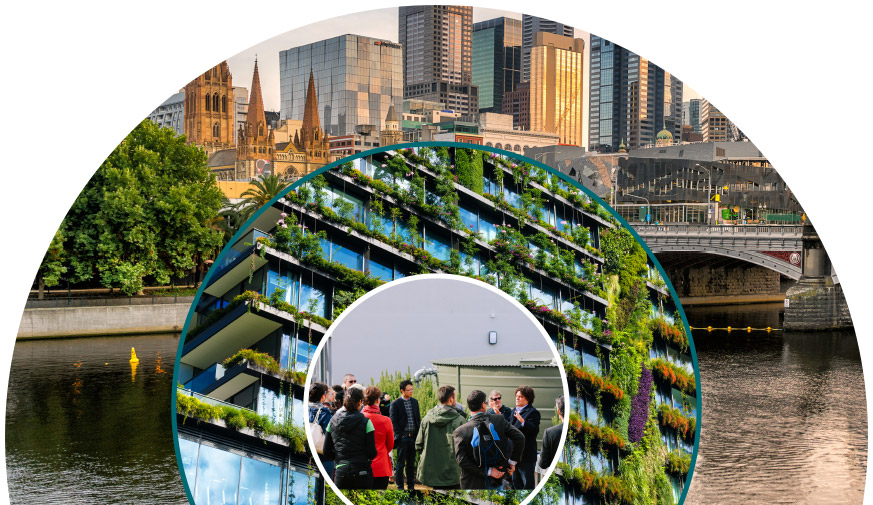We’ve got a plan for mainstreaming water sensitive cities
Water Sensitive Cities Australia’s mission is to: help change the way cities are designed, built and managed by valuing the contribution water makes to economic development, quality of life and the ecosystems of which they are a part.
We have developed a 3-year plan to implement this mission, identifying short and medium term strategies. The plan recognises mainstreaming is different to the research focus of the CRC for Water Sensitive Cities. At the heart of the plan is our learning-by-doing approach.

Over the next 12 months, we’re focusing on 3 strategies:
Strategy 1 – Grow our partner base for greater collaboration and impact. We recently invited local governments from around Australia to partner with us. The response was very pleasing, with interest from councils in Western Australia, South Australia, New South Wales, Queensland and Victoria. We’ll very soon run a similar campaign targeting water utilities, state government agencies and consultancies.
If you’re interested in becoming a partner of Water Sensitive Cities Australia, contact our Mainstreaming Leader Jamie Ewert for a conversation. You can also find more information via our Frequently asked questions.
Strategy 2 – Implement practical projects that maintain momentum created over the past 9 years, show immediate value and demonstrate what mainstreaming looks like. For example, we have started several projects that apply WSC principles in regional Victoria, reinforcing that they can be adapted to any context. This is the key strategy to help us learn by doing.
Strategy 3 – Ensure WSC tools remain accessible and end users are supported. For example, we are improving the functionality of the WSC Index Tool and introducing the Management Actions Database to support the Transitions Dynamics Framework. We are also planning the next steps in developing the Scenario and SUWMBA tools.
We also have several strategies to guide our activities in the medium term (2–3 years):
Strategy 4 – Increase WSC Australia partner and stakeholder engagement activities to build knowledge and capacity to apply WSC principles and practices at scale
Strategy 5 – Build the evidence base of mainstreaming, including collecting and reviewing evidence from mainstreaming activities.
Strategy 6 – Reinvest in the WSC tools to develop the next versions and develop a business model for each.
Strategy 7 – Secure a research grant to leverage partnership funding, most likely by partnering with another research group such as MSDI Water.
Strategy 8 – Establish a significant collaboration with a non-water sector partner (e.g. the urban development sector, health sector, insurance sector or related to urban ecology).
Stop press: Save the date
What: Farewell CRCWSC. Welcome WSCA.
When: Friday 17 December 2021
Where: Melbourne, location to be confirmed
Now the country is starting to open up, we can meet with stakeholders in person, starting in Melbourne. If you are in Melbourne, we hope you can join us. More details will be provided shortly, but it you have any questions, contact us at admin@crcwsc.org.au